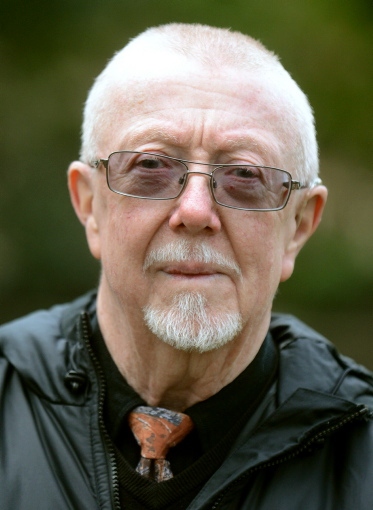BMA calls for helpline on prescription drugs
Reporter: Lucy Kenderdine
Date published: 27 October 2016

Barry Haslam
THE creation of a national helpline to support patients with addiction problems linked to prescription drug dependence should be a priority, the BMA said.
The proposal is one of three recommendations made by doctors as ways to improve the prevention and management of prescribed drug dependence
Along with the 24-hour helpline, the BMA urged the government, health departments and councils to establish adequately resourced specialist support services for prescribed drug dependence.
Clear guidance on tapering and withdrawal management should also developed collaboratively with input from professional groups and patients
Dr Andrew Green, BMA GP clinical and prescribing policy lead, said: "We believe establishing a national helpline, similar to the Frank service, should be a top priority to provide better service to individuals with prescribed drug dependence. This would provide vital, timely support and could be introduced relatively quickly.
"Doctors would also welcome more robust guidance on managing prescription medicine dependence and withdrawal.
"There is also the need for specialist services to be consistently available across the country, as patients are often referred to general drug and alcohol services, which do not have adequate resources, and whose skills are different to those needed to manage prescription drug dependence. This would ensure patients, carers and families have access to trusted and expert advice and support."
The recommendations were identified in a call for evidence and roundtable meetings, hosted by the BMA board of science to gather the views of stakeholders on ways to improve the prevention and management of prescribed drug dependence.
Barry Haslam, former chairman of Oldham Tranx, a support group for people struggling to withdraw from prescribed drugs, welcomed the recommendations but believes more can be done.
Barry, from Uppermill, suffered permanent brain damage, fluid on the brain, narrowing of ventricles and a 10-year total loss of memory following long-term prescribing of high dosages of Ativan/Lorazepam for depression.
After finding the strength to stop taking them and suffering withdrawal almost 30 years ago, he has campaigned against the long-term prescription of the drugs.
He said: "Peer support groups such as Oldham Tranx should be encouraged to set up in all towns and cities, embracing a new social movement.
"Ex-dependent patients, counsellors and perhaps retired nursing staff put back their acquired expertise into society to help others less fortunate.
"It would not require a great deal of funding by government and Oldham Tranx is run by volunteers, without payment and has been since 1989."
He also raised questions about he helpline, how it would be run and what credentials those staffing the helpline would have.
Barry continued: "Better education and training for healthcare professionals is a must if we are ever going to put a brake on this drugs pandemic.
"Seminars should be held and ex-dependent patients invited to share their experiences so both sides can begin to put right a public health debacle that has gone on for decades, certainly with the benzodiazepines. We all have to work together on this important health issue which is worldwide."
Addiction charity Addiction Dependency Solutions which operates in Oldham, has also welcomed the BMA's recommendations.
Lady Rhona Bradley, chief executive, said: "It is important those in the medical profession, and organisations the size and influence of the BMA recognise the scale of the issue and advocate for support to be available."
Most Viewed News Stories
- 1Group wanted following attempted robbery incident on a tram in Shaw
- 2Oldham dealer jailed after using drugs line mobile phone to call police
- 3Shaw prospect Rafferty aims to shine at massive 'Ring Warriors Unleashed' show
- 4Punch perfect Kyle is Oldham's latest national boxing champ
- 5Five arrested after two young victims are robbed




